|
By Karen Carnabucci, LCSW, TEP When working with survivors of trauma, the main objective of every clinician is the creation of a structure that supports safety and containment. With the practice of action psychotherapy such as psychodrama, this objective becomes more crucial. Action therapy, including what appear to be rather benign techniques, is a powerful tool that can trigger unprocessed material in survivors of trauma, resulting in flashbacks and dissociation. The Therapeutic Spiral Model -- developed by clinical psychologist Kate Hudgins, Ph.D., TEP, and colleagues -- is an integration of classical psychodrama, object relations and recent advances in trauma theory to provide additional safety and structure when working with trauma. It follows the goal of providing safety and containment at every step for the client as well as the helping professional. Aspects of the model can be employed in individual and group sessions and may be easily adapted by talk therapists. The model identifies safety and containment in five areas: Warming up.
Participants first identify personal, relational and spiritual strengths that they bring to the session by the use of props such as colorful scarves to build positive energy and provide a psychological and visual container for the work that is to follow. The use of Containing Double and other prescriptive roles. The Containing Double, a variation of the classical psychodramatic Double, prevents regression and dissociation with patients. Other roles, such as the Body Double, Keeper-Manager-Holder of Defenses and the Observing Ego, support healthy and conscious functioning as well. Types of dramas. Clients are assessed according to the type of drama that is suitable to their recovery. This drama type will be produced during the session, and clients are not permitted to address core trauma material until clinically appropriate. Types of dramas include Restoration and Renewal, Dreams and Metaphors, Initial Discovery and Accurate Labeling, Exploring and Expressing Core Trauma, Conscious Re-experiencing with Developmental Repair and Letting Go and Transforming. Controlled step-by-step regression. Trauma dramas are divided into specific pieces of work that have clear boundaries and contracts for where the action will go. When the contract for a drama touches directly on core trauma material, the director follows the Principles of Conscious Re-experiencing that take the protagonist through a controlled process with six action steps: talk, observe, witness, re-enact, re-experience and repair. Team approach. An action healing team consists of at least four people: the director, the assistant leader and at least two trained auxiliaries. Trained auxiliaries play roles of perpetrators in core trauma dramas as well as Containing Doubles and other important roles that advance the session. The team meets for warming up and post-processing for planning and support. Hudgins has been writing books, chapters and articles about trauma and psychodrama for several years. She was co-editor with the late Peter Felix Kellermann of Psychodrama with Trauma Survivors: Acting Out Your Pain, published in 2000. Hudgins’ first book, Experiential Therapy for PTSD: The Therapeutic Spiral Model, published in 2002 by Springer Publishing Company, details the typical action interventions of the model. The model has been adapted for use by clinicians in many disciplines around the world in working with treatment of people with eating disorders, refugees, veterans, sex offenders, battered women, and addicts and alcoholics in various stages of recovery. Many practitioners have adapted to the model for individual psychotherapy and coaching sessions. Hudgins’ most recent book, edited with Francesca Toscani, TEP, is Healing World Trauma with the Therapeutic Spiral Model: Psychodramatic Stories from the Frontlines. It describes how the model has been used with diverse populations and in different languages and cultures, with chapters contributed by experienced practitioners from the United States, the United Kingdom, Canada, Australia, South Africa and Taiwan. For more information about the Therapeutic Spiral Model and to read blog posts on this approach, see www.therapeuticspiralmodel.com.
0 Comments
Your comment will be posted after it is approved.
Leave a Reply. |
AuthorKaren Carnabucci, LCSW, TEP, is an author, trainer and psychotherapist who promotes, practices and teaches experiential methods including psychodrama, Family and Systemic Constellations, sand tray, mindfulness and Tarot imagery. Archives
December 2023
Categories
All
|
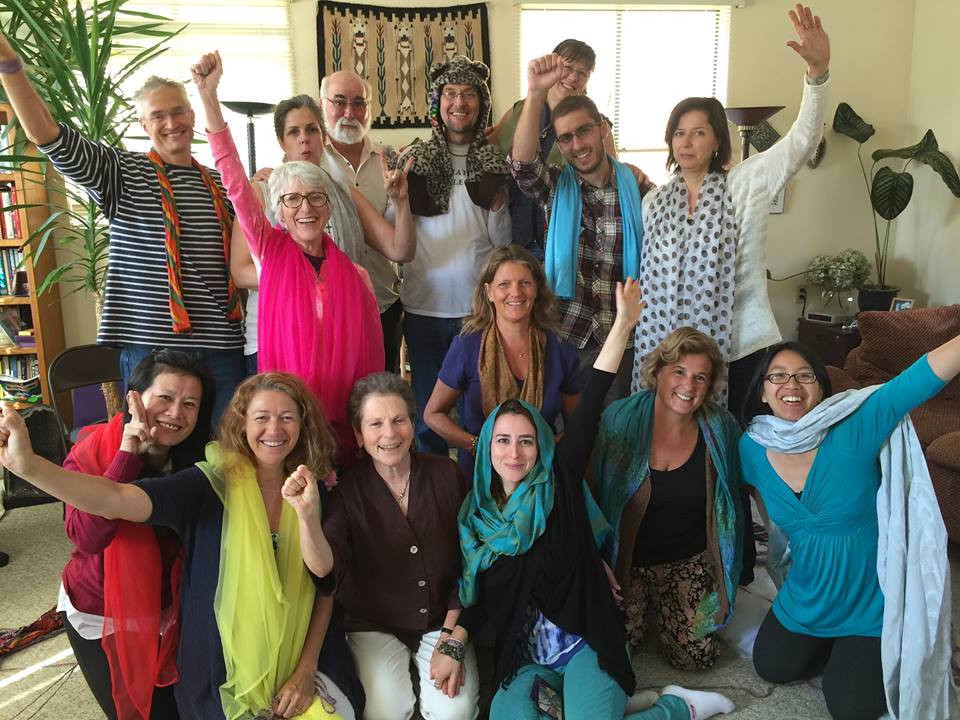
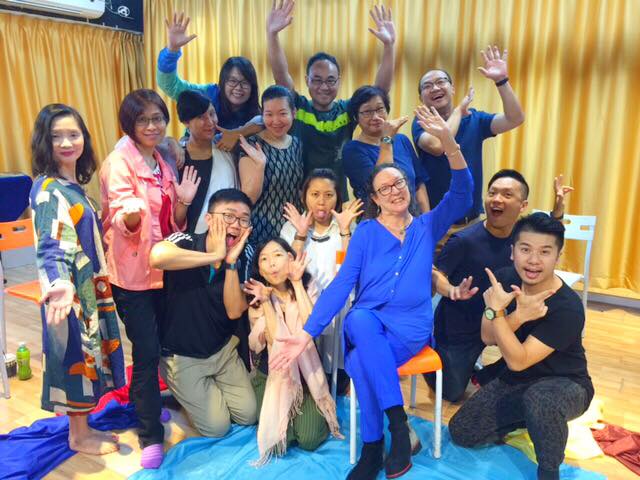
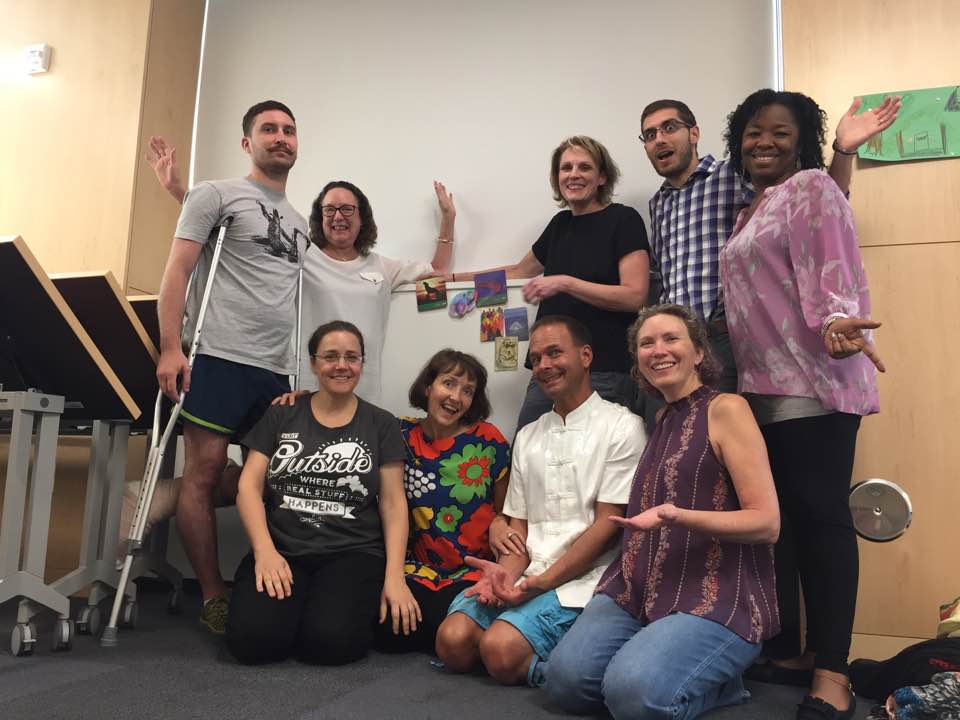
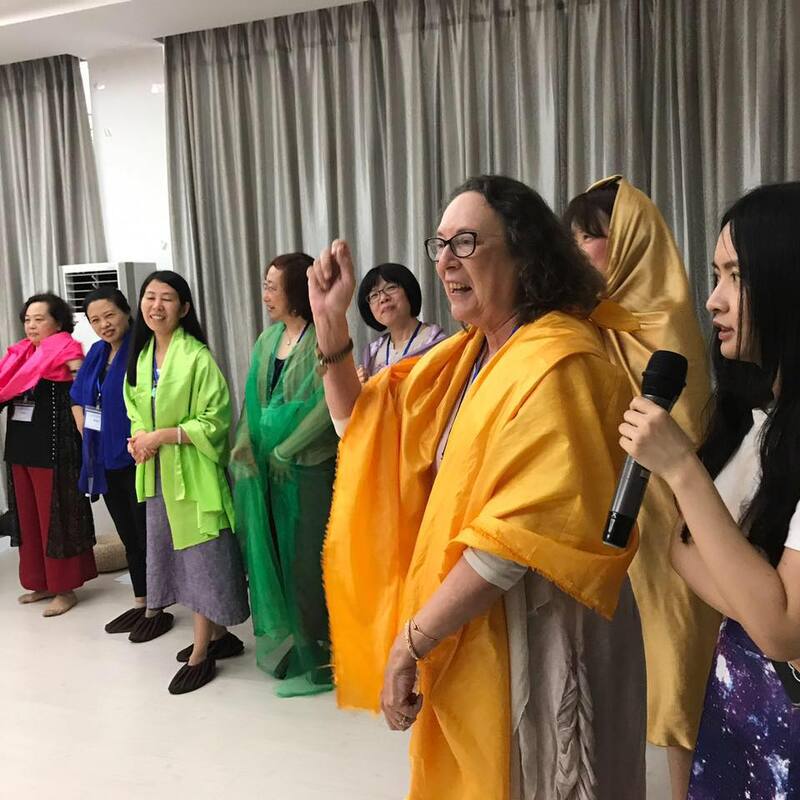
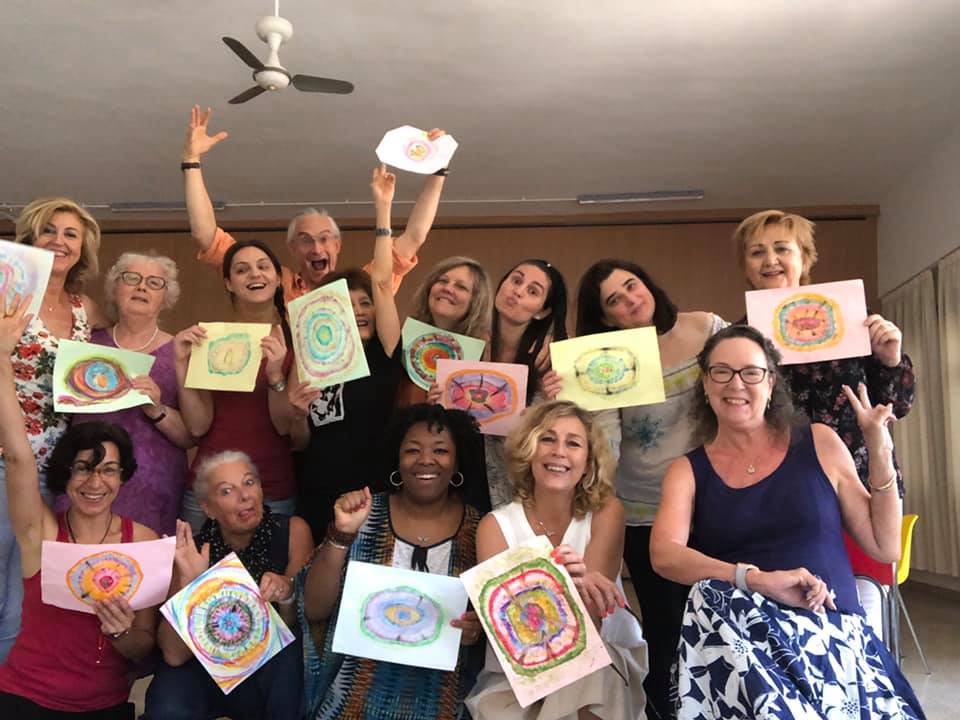
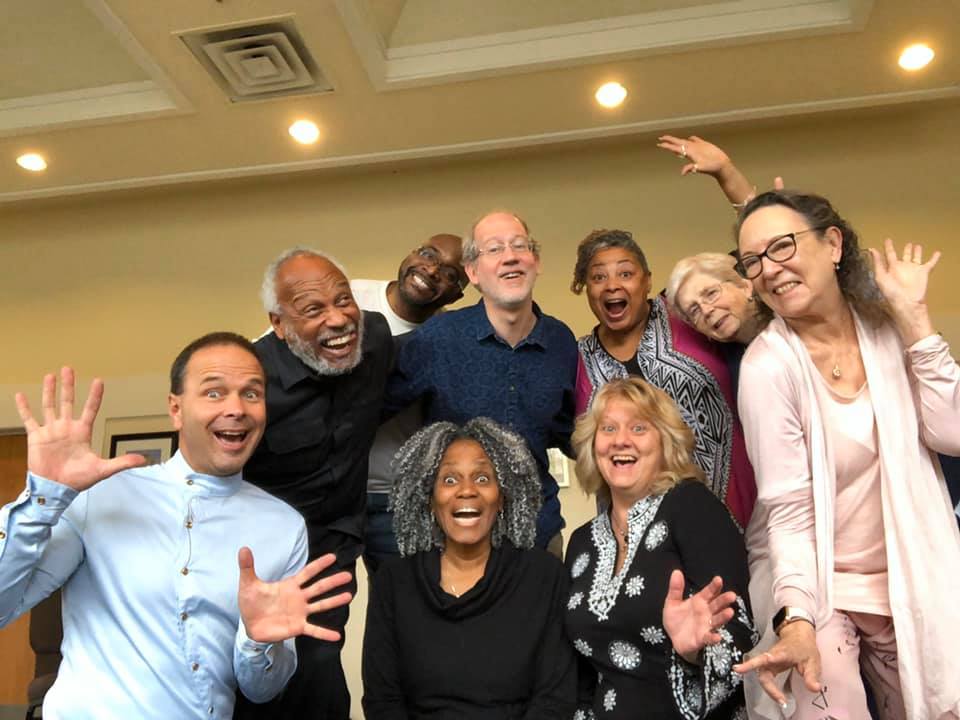
 RSS Feed
RSS Feed